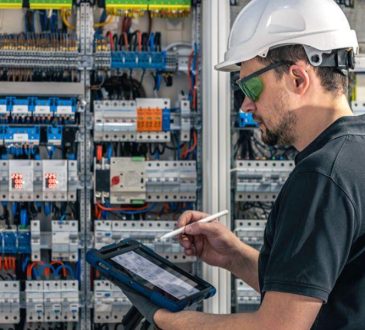What is green economics?
Humans have needs. They need to survive, and money is essential to make it possible. Money can buy them their basic needs like food, clothes, and shelter. On the other hand, the environment also has needs such as protection and conservation. Is there a way to prioritize both needs without one of them being compromised? After all, if the environment deteriorates further, don’t we all humans go down with it? So, there is an economic methodology called green economics that supports the harmony between humans and nature. It aims to meet the needs of the two at the same time.
Different meanings of green economics
When we say green economics, many people might have different definitions because it is such a broad term. For instance, the United Nations Environment Programme refers to low carbon, resource efficiency, and social inclusion. On the other hand, the International Chamber of Commerce says that the green economy involves economic growth and environmental responsibility while supporting progress and social development. The labels consumers see on the products somehow tell a lot about how sustainable they are, which helped green economics rise in fame.
People have different theories and ideas about green economics, which deals with the connection between people and the environment. Green economists say that all economic decisions should depend on the ecosystem. They stress that natural capital and ecological services also have economic value.
Green economics supporters consider the natural environment’s health. They believe that it’s high time to act and protect nature. We should encourage harmony between the existence of humans and nature. These economist’s behavior and mindset are essential for an economy’s health, and it depends on the health of the environment where it belongs.
The criticisms on green economics
If the aims and purpose of green economics are for the betterment of the environment, then why does it still have critics? Green economics aims for economic growth and avoids its destruction. However, it has not been successful — at least not yet. Economic growth most likely happened behind nonrenewable technologies and energy sources. It takes a lot of effort to influence economies, especially those successful and emerging ones. In fact, some say that people should not believe that green jobs are social justice solutions. Green energy is made from raw materials. These raw materials come from rare Earth minerals, and workers need to mine in harsh conditions. Aside from that, they are paid very cheap wages. For example, we have Tesla that makes electric cars, and the batteries are made from raw materials. They can be mined in Congo, a region destroyed during the civil war. Another reason why some people criticize green economics is that it focuses on technological approaches to solutions. Aside from that, companies involved in technology are the ones that dominate the market.
Now we understand why people still criticize green economics. While we do not generalize, others might mean well but completely miss the purpose as they overlook some important things.




